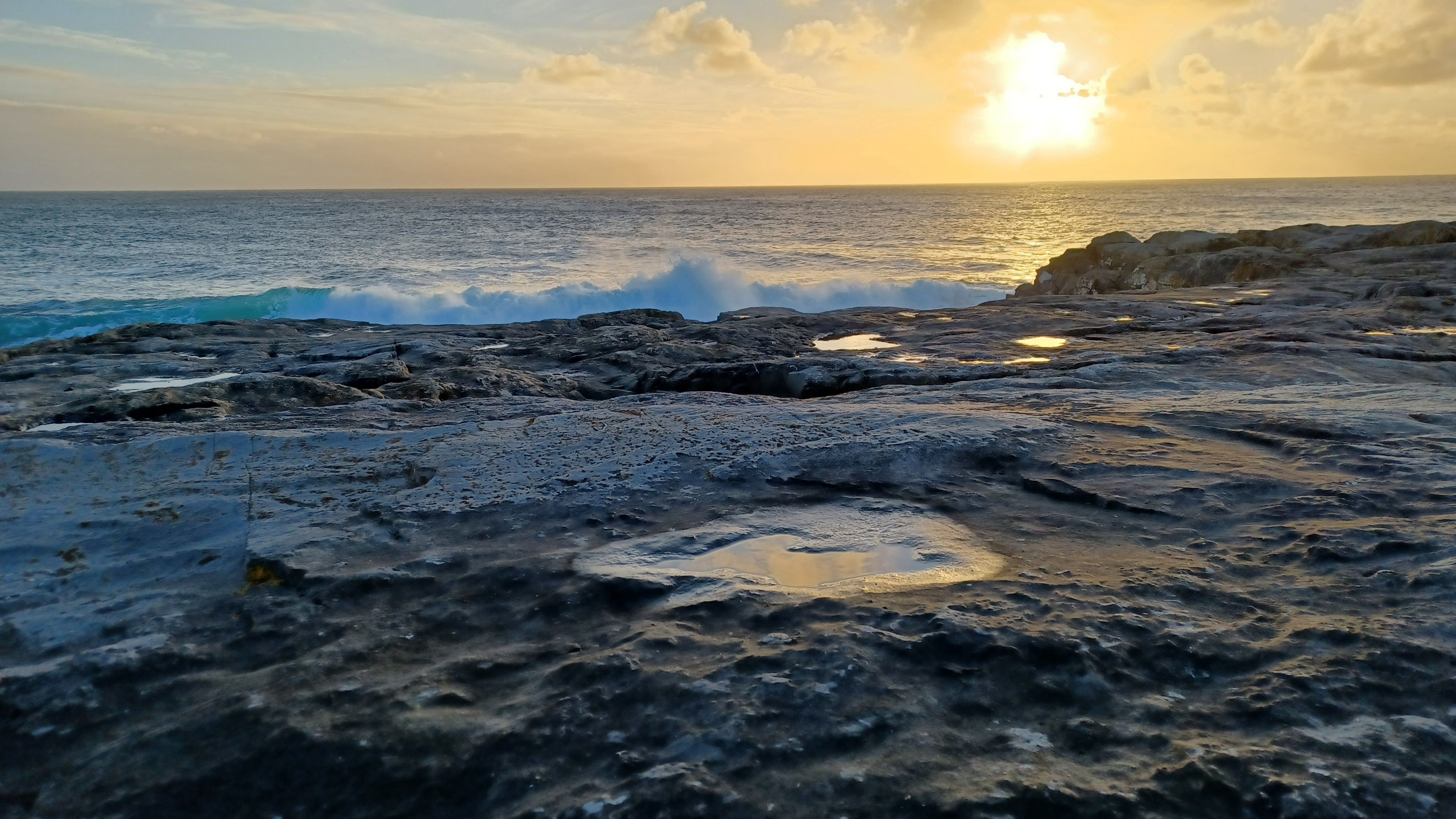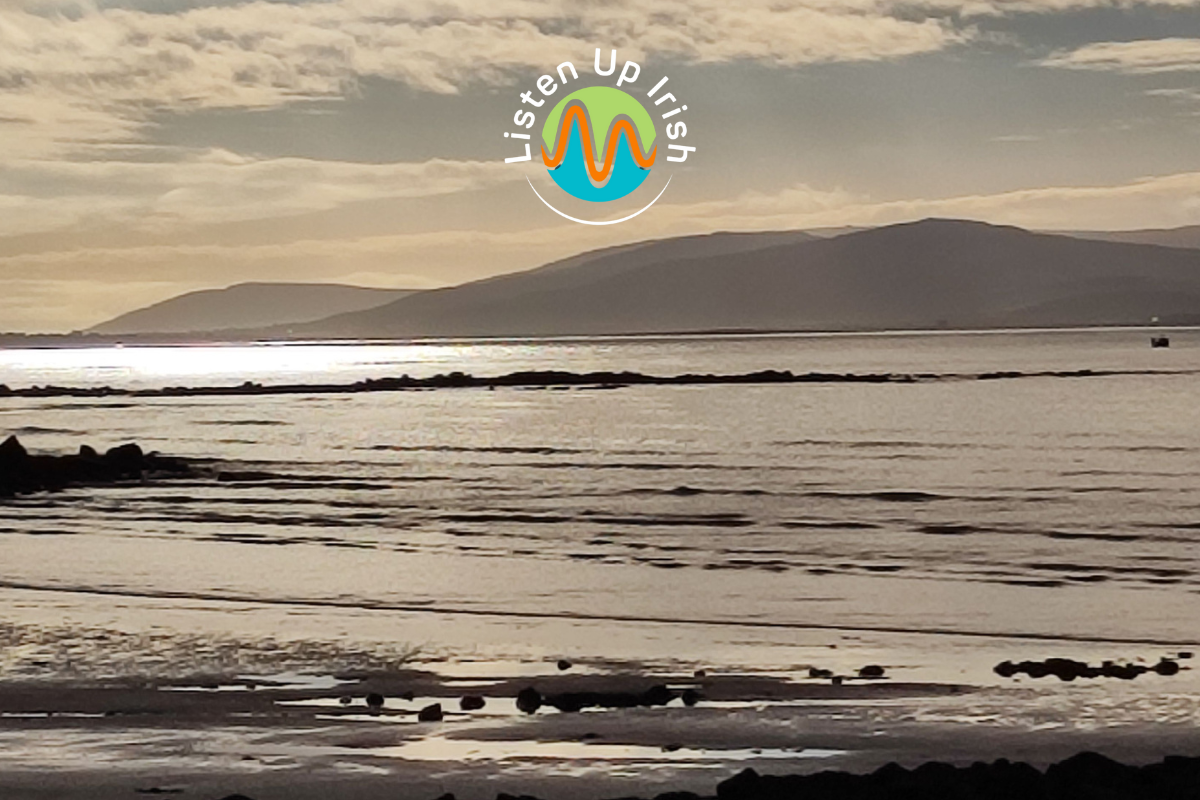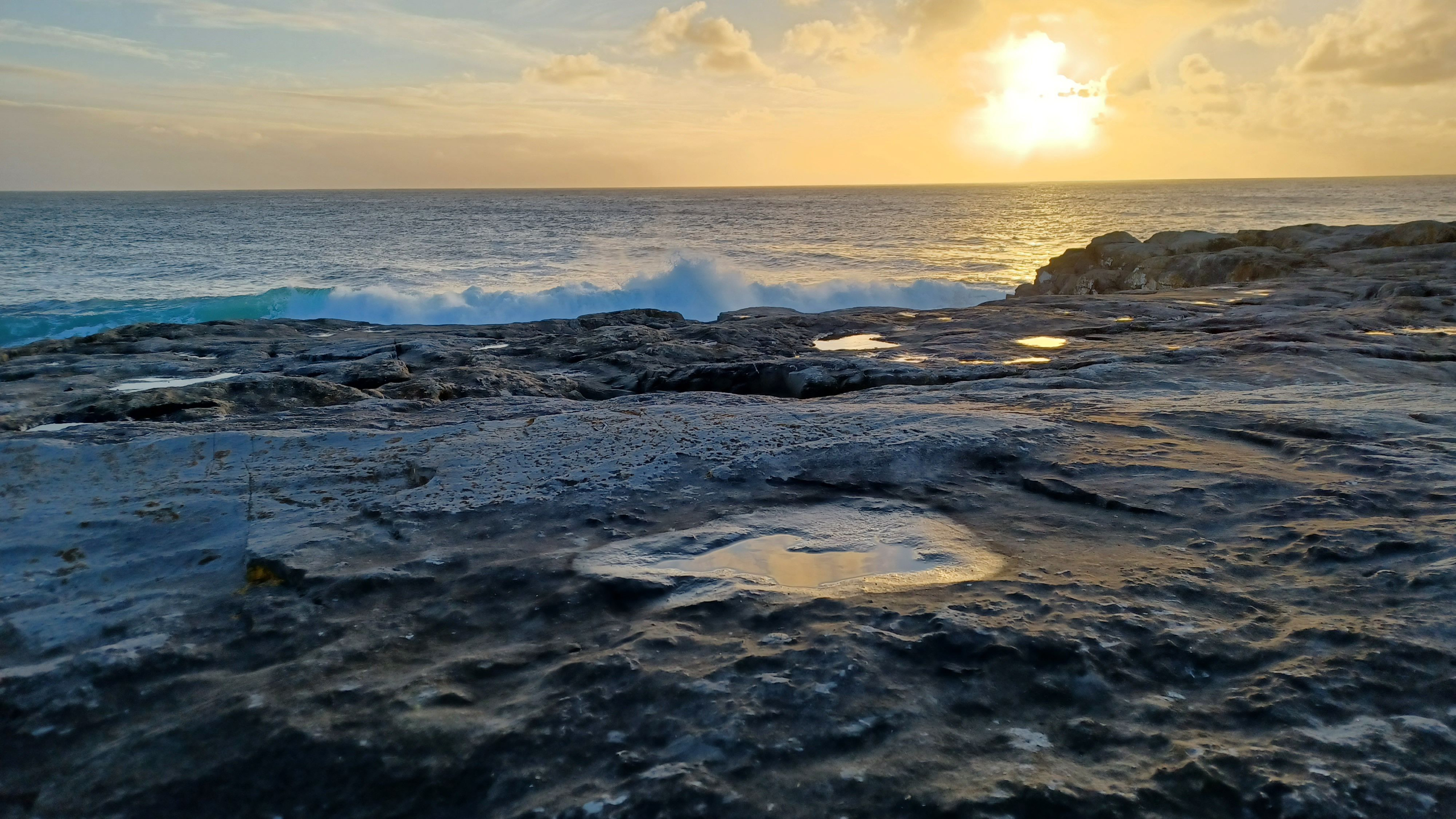Lá ag baint mhóna / A day cutting turf
Here's another great tongue-twister to try out in Irish. Listen to the short recording above a couple of times and then give it a go yourself. If you can say it in under five seconds give yourself a clap on the back! Read on for a little bit of information about the words in this short tongue-twister, including how to add emphasis when indicating ownership in Irish.
Mo mhac / My son
The Irish for 'son' is 'mac'.
The Irish word for 'my' is mo; and the Irish for 'your' is do. Both mo and do trigger a sound change on the start of words following them. In a word beginning with the letter 'm' the original 'm' sound changes to what is more like a 'w' sound'. In writing this sound change is marked by inserting the letter 'h' after the 'm'. Listen for this 'w' sound in the short recording above.
Mac / a son
Mo mhac / my son
Do mhac / your son
By the way in Munster Irish the 'm' sound changes to what is more like a 'v' sound. Keep your ears open for this difference between the dialects.
Connacht and Ulster: mo mhac (mo w-ach)
Muster: mo mhac (mo v-ach)
Mo mhacsa / MY son
It's common in English to use the tone of the voice to add emphasis, for example: 'That's MY dinner, don't eat it!'
In Irish, however, we add a suffix (a little 'tail') to a word to add emphasis. Adding 'sa' has the effect of adding emphasis.
Mo mhac / my son
Mo mhacsa / MY son
Do mhac / your son
Do mhacsa / YOUR son
These emphatic endings are used an awful lot in Irish, so keep your ears open for them.
Remember not to add emphasis to 'mo' or 'do'; and don't add stress to the 'tail' (sa) either!
Just say:
Mo mhacsa (not 'MO mhacSA'!)
Mo mhuintir / Mo mhuintirse
If the last vowel in a word is slender ('i' or 'e') then the ending which is added is 'se'. (In Connacht Irish this is pronounced the same was as the suffix 'sa').
Mo mhuintir / My people
Mo mhuintirse / MY people
Cúpla sampla / A couple of examples
Tá mo theachsa i bhfad níos mó ná do theachsa
My house is much bigger than your house
An maith leat do phostsa?
Do you like your job?
Ba as Co. an Chláir my muintirse
My people were from Co. Clare
Learning Irish
Listening to short poems and tongue-twisters in Irish is a great way to improve your Irish. If you liked this tongue-twister then check out this one: Bhí Bean ag Joe. When you are listening to short poems or tongue-twisters in Irish pay attention to the pronunciation and start to notice the sounds of the language. The sounds of Irish are not the same as the sounds of English! In my Beginner Irish course we spend the first couple of lessons paying close attention to the sounds of Irish so that you get off to a great start! I offer courses for all levels, for total beginners, intermediate learners of Irish, and also literature courses. You can read about all of my courses here. If you would like to sign up to my mailing list to get lots of tips and content for learning Irish you can do so here.




